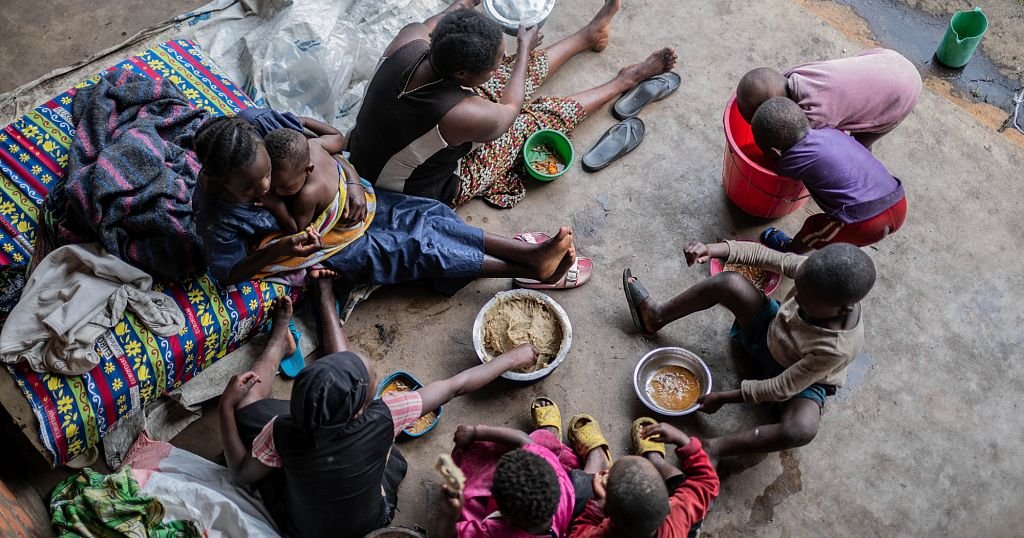Africa
UN humanitarian chief visits families in North Kivu displaced by M23 rebels

The United Nations humanitarian chief, Tom Fletcher, visited displaced families in Shasha village in Congo’s North Kivu province on Tuesday.
The visit follows the M23 rebel group’s seizure of Goma, the provincial capital, in late January, intensifying a decades-long conflict that has displaced more than 4.6 million people. In the aftermath, rebels shut down displacement camps in the city, forcing families to return to the villages they had fled.
“We didn’t want to go back; it was them [M23] who forced us to return, because we knew we had a government. But when they arrived, they asked us to go home, because the war was over,” said Shasha resident Maombi Pascaline.
In Shasha, many returnees found their homes looted or destroyed, with little to no assistance waiting for them.
Aid groups say the forced returns have worsened already dire conditions. Many had relied on support from the US Agency for International Development before the Trump administration cancelled its programs.
Money was a lifeline for Shasha resident Kahindo Bihira, “When I returned, I found my house destroyed. I took refuge at my neighbour’s house, but the NRC helped me with cash that allowed me to gradually feed the children properly.”
The decades-long fighting in Congo’s mineral-rich east is one of Africa’s longest-running conflicts, and what the United Nations calls one of the world’s most protracted and serious humanitarian crises.
